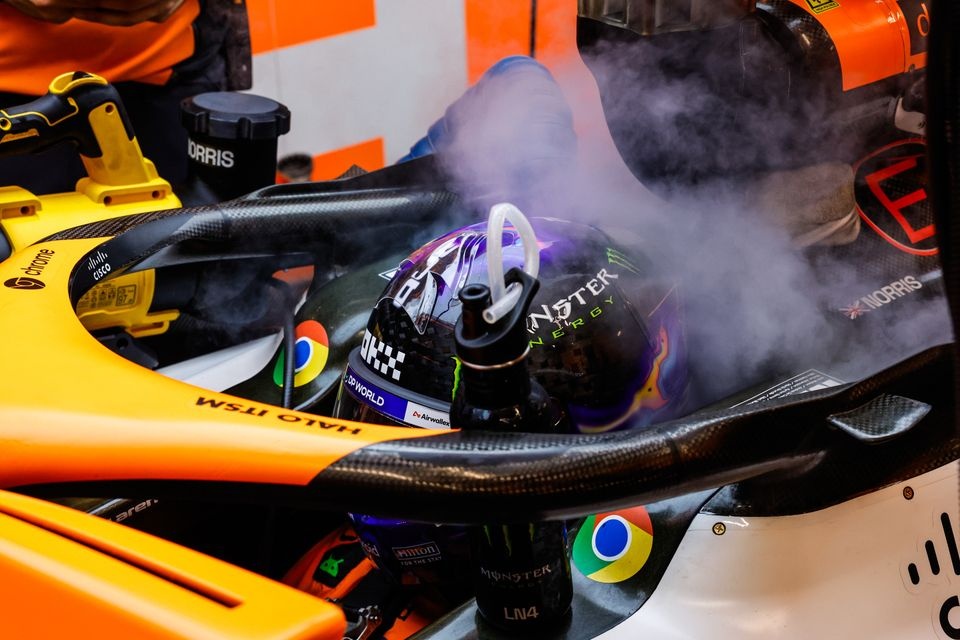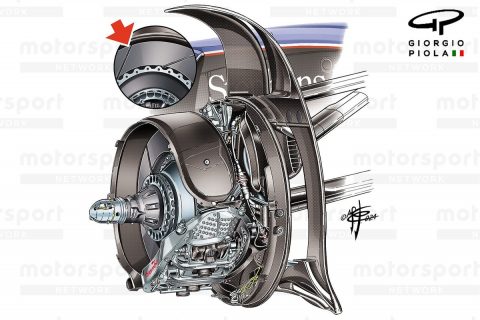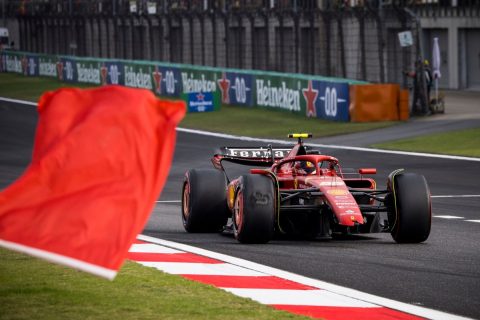The Formula 1 Commission, under the governance of the FIA, has sanctioned the introduction of driver cooling kits for the 2025 racing season. This decision is aimed at addressing the challenges posed by extreme heat conditions during races. The need for enhanced cooling systems was highlighted prominently following the Qatar Grand Prix in 2023, where several drivers experienced symptoms of heat exhaustion after completing the race.
Addressing Heat Challenges
The idea of improving driver comfort and safety in extreme heat was initially brought to light in July, with Autosport revealing that the FIA was working with all F1 teams to research potential solutions. Earlier suggestions included integrating a simplified air conditioning system within F1 cars. However, while specific technical details remain undisclosed, it has been understood that the agreed solution will not necessitate a traditional AC unit.
This new system will be mandatory only during races held in extreme heat conditions. Correspondingly, when this system is in use, the minimum weight of the cars will be increased to accommodate the kit.
Protocols for Race Grid Formation
In addition to the cooling kits, the Commission addressed grid formation protocols, prompted by issues encountered at the Brazilian Grand Prix. Here, Williams driver Alex Albon was unable to start due to a crash during the qualifying session, yet the grid remained unchanged, leaving his starting spot vacant.
To prevent such occurrences, the FIA plans to finalise the starting grid one hour prior to race commencement. Cars withdrawn as late as 75 minutes before the start will be omitted from the final grid, allowing other cars to fill in the gaps and close the grid effectively.
2025 Financial and Technical Regulations
The Geneva meeting, co-chaired by Nikolas Tombazis, head of single-seaters at the FIA, and F1 CEO Stefano Domenicali, also focused on financial regulations for 2025. A key decision included expanded exemptions related to the cost cap for expenses pertaining to sustainability initiatives.
The meeting further examined ongoing progress concerning the 2026 technical regulations. These are geared towards enhancing performance by boosting downforce, with assurances from the FIA that the regulations will be ready for FIA World Motor Sport Council approval after the 2024 season concludes.
Gender-Neutral Language Initiative
In a move towards inclusivity, the FIA has revised its sporting regulations to adopt gender-neutral language. These changes involve the removal of masculine pronouns and other gender-specific terms, mirroring earlier updates made to the regulations of F2 and F3 the previous year.









